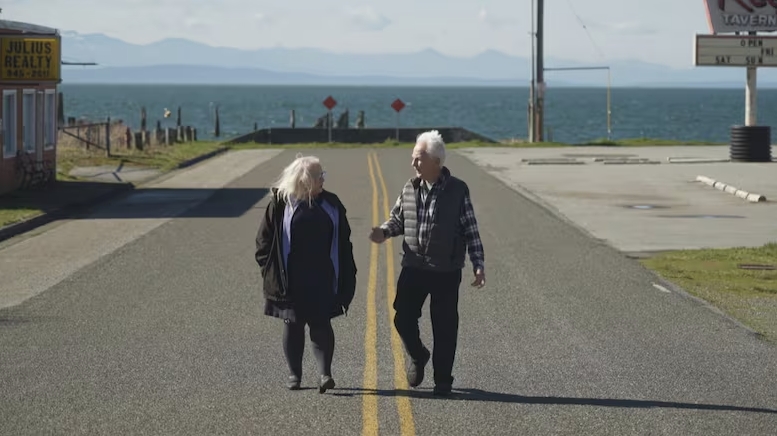Point Roberts, Wash., Fears Economic Collapse as Canada-U.S. Trade War Cuts Off Tourism
Shraddha Tripathy
3/13/20253 min read


For decades, Point Roberts, Wash., has relied on British Columbians. Whether it’s Canadians filling up on cheap U.S. gas, stocking up on groceries, or enjoying summer homes in the exclave, the tiny American community—surrounded by Canada on all sides—depends entirely on its northern neighbors.
But with Canada-U.S. trade tensions at their worst in decades, the community fears for its survival as fewer British Columbians cross the border.
“If They Stop Coming, We’re Done”
"Ninety percent of our economic activity comes from British Columbia. Take that away ... and we're done," said Brian Calder, a former Vancouver city councillor and longtime Point Roberts resident.
From empty café tables to vacant summer homes, signs of economic downturn are everywhere.
Tamra Hansen, owner of the Saltwater Café, says her business is in jeopardy as customers vanish.
"If I don't do well in the next few months, I might have to close my doors," she said, noting that the café—decorated with Canadian flags and a wooden moose cutout—has always catered to Canadian visitors.
Even before the trade war, COVID-19 border restrictions devastated the town. Now, local businesses say they never fully recovered—and a Canadian boycott could be the final blow.
Essential Services at Risk
The economic crisis is only part of the problem.
Since Point Roberts is cut off from the U.S. by land, it relies on Canada for essentials like electricity, water treatment, and emergency services.
If British Columbia retaliates against U.S. tariffs by imposing surcharges on power exports, Calder warns that Point Roberts would become unlivable.
“We can’t do without Canada’s support. We won’t exist,” he said.
Canadian Visitors Disappearing Amid Tariff War
With Trump imposing 25% tariffs on Canadian imports—and Canada responding with its own levies—British Columbians are increasingly choosing to shop at home rather than cross the border.
"There's a really ugly sentiment out there from a lot of Canadians toward Americans," said Ali Hayton, owner of International Marketplace, the only grocery store in Point Roberts.
"We've always had a great reciprocal relationship," she added. "Now it just feels different."
Statistics Canada reports a sharp decline in border crossings as annexation rhetoric and tariff disputes escalate.
"Every conversation I have with Canadians now is doom and gloom. They tell me they won’t be coming back,” said Beth Calder, who runs Point to Point Parcel, a shipping service catering to Canadians.
“Like Children Going Through a Divorce”
While B.C. Premier David Eby has not imposed surcharges on power exports, some Canadians are calling for tougher retaliation against the U.S.—further raising tensions.
Wayne Lyle, a Point Roberts realtor, says many American residents now feel uncomfortable even visiting Canada.
"Some have even been asked why they have U.S. plates when they come into B.C.," he said.
"It feels like we're children going through a divorce, powerless as our two countries fight.”
Some Canadians Still Crossing to Show Support
Not all Canadians are turning away.
Bob Cook, a British Columbian who regularly visits Point Roberts, says he refuses to participate in a boycott.
"I'm not going to boycott Point Roberts. These are my friends here."
Some locals are returning the goodwill, with Calder designing a bumper sticker reading: "Point Roberts, WA, Supports Canada."
But whether goodwill is enough to save the community remains unclear.
A Warning to Trump: “You’re Pushing Allies Apart”
Calder, like many in Point Roberts, opposes Trump’s tariffs and annexation talk—and fears it is damaging generations of friendship.
“We’ve been allies and best friends for 200 years. Why put us against each other now?”
He urges Trump to read the inscription on the Peace Arch border monument, which calls Canadians and Americans “children of a common mother.”
“He’s risking that bond, and it makes no sense,” Calder said.
As Point Roberts faces economic collapse, its residents are left hoping for a trade war truce—before it’s too late.
News
Stay updated with the latest BC news stories, subscribe to our newsletter today.
SUBSCRIBE
© 2025 Innovatory Labs Inc.. All rights reserved.
LINKS
